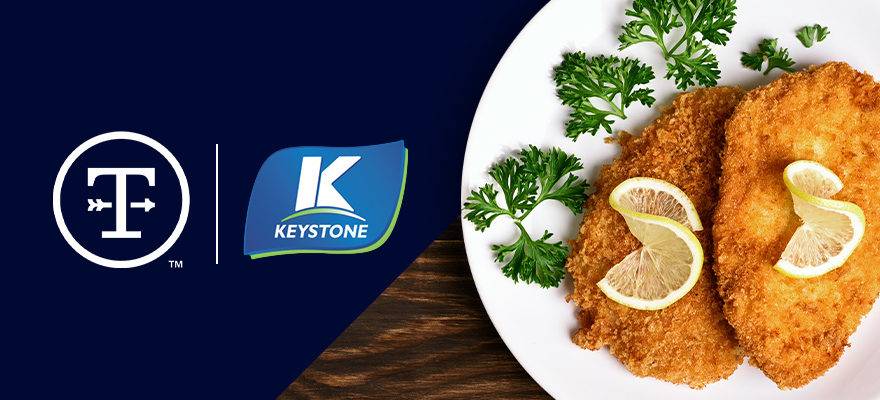Keystone Foods: A Global Powerhouse in Protein Production and Supply, Marked by Strategic Expansion and Robust Revenue Growth
Keystone Foods, a notable food services company, is known for processing, producing, and supplying a variety of fresh and frozen animal protein products including poultry, beef, fish, and pork. These products are distributed to a diverse range of clients such as quick-service restaurants, food service locations, industrial food companies, retail outlets, and other market channels across the globe. The company has a strong presence in the food industry, particularly in providing value-added products like chicken nuggets, wings, tenders, beef patties, and breaded fish fillets.
Related: World’s Top 10 Largest Food Services Companies
An important development in the history of Keystone Foods was its acquisition by Tyson Foods Inc. in 2018 for $2.16 billion. This acquisition was a strategic move by Tyson Foods to expand its international presence, enhance its value-added production capabilities, and grow its portfolio in the global foodservice industry. The deal included six processing plants and an innovation center in the U.S., along with additional facilities and innovation centers in Asia Pacific countries like China, South Korea, Malaysia, Thailand, and Australia.
Keystone’s Pre-Tyson Boom: 11K Employees, $2.5B Revenue, and Global Expansion
As of the last reported period before the acquisition, Keystone Foods employed approximately 11,000 people and generated an annual revenue of $2.5 billion, with a significant portion of its revenue coming from U.S.-based production and the rest from its Asia Pacific operations. The acquisition by Tyson Foods was expected to be beneficial in terms of financial performance, contributing positively to Tyson’s earnings per share and generating annual synergies estimated at around $50 million by the third year through operational efficiencies and other optimizations.
Sources:
For a more in-depth look at Keystone Foods, including its financial performance and other business aspects, you can visit Zippia’s profile on the company here.
